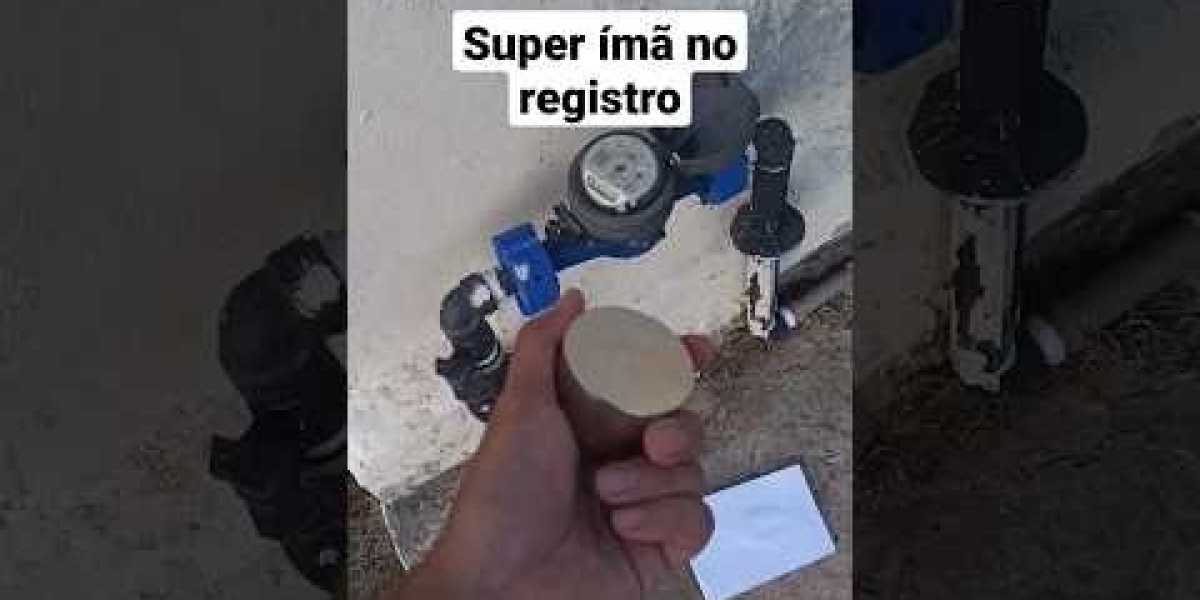By Nita Bhalla
KITUI, Kenya, June 6 (Thomson Reuters Foundation) - Kenyan farmer Abel Mutie Mathoka thought it must be a joke when he was told he might water his drought-hit crops more inexpensively, cleanly and effectively utilizing a pump sustained by cotton waste.
"Who could think it's possible to make a fuel better than diesel from cotton seeds? I didn't!" chuckled Mathoka, crouching down to inspect the watermelons on his 10-acre (four-hectare) shared plot in Ituri town in Kenya's southeast Kitui county.
"But it works," he said, strolling over to a neighboring tree and plucking a big green pawpaw. "Irrigation with this biodiesel water pump has actually helped me get greater yields, specifically throughout dry spell periods."
Mathoka said his revenues had actually doubled in the 2 years he has been pumping water using biodiesel, which is both more effective and 20 shillings ($0.20) per litre more affordable than regular diesel.
The biodiesel he is utilizing is not just great news for him - it is likewise excellent news for the planet.
Unlike the majority of biofuels, which are originated from crops such as maize, sugarcane, soybean, rapeseed and jatropha curcas, it is made from a byproduct of the cotton-making process.
That implies that as well as being cleaner and less expensive than regular fuel, it is more sustainable than other biofuels because no additional land is needed to produce it.
From Brazil to Indonesia, the rush to cultivate biofuel crops has actually driven forest neighborhoods off their land and pressed farmers to change from crops-for-food to more profitable crops-for-fuel - exacerbating food scarcities.
"Our biodiesel originates from crushing cotton seeds left over as waste after ginning - the process of separating the seeds from raw cotton," said Taher Zavery, handling director of Zaynagro Industries Ltd, the Kitui-based company producing the biodiesel.
"We began producing and using it to power our cotton ginning factory in 2011. With increased production, we now utilize it for our trucks, sell it to the United Nations to run some of their buses - and also to local farmers for irrigation."
More than 1,200 farmers in Kitui have up until now bought biodiesel pumps for irrigation as part of an initiative introduced by Zaynagro in 2015, stated Zavery.
DRY RIVER BEDS
Climate modification is taking a toll across east Africa and significantly unpredictable weather condition is becoming commonplace in countries such as Kenya, Somalia, Uganda and Ethiopia, resulting in lower rains.
The repeating dry spells are destroying crops and pastures and are starving animals - pressing countless people in the Horn of Africa to the verge of severe hunger.
The variety of Kenyans in need of food help in March rose by practically 70 percent over a duration of 8 months to 1.1 million, mostly due to poor rains, according to federal government figures.
With practically half Kenya's 47 counties stated to have a major scarcity of rain, humanitarian companies are cautioning of increased cravings in the months ahead.
"Only light rains is anticipated through June ... and this is not anticipated to minimize dry spell in impacted locations of Kenya and Somalia," stated the Famine Early Warning Systems Network in its latest report.
"Well below-average crop production, bad livestock body conditions, and increased regional food rates are anticipated, which will minimize bad households' access to food."
In Kitui's Kyuso location, the indications are currently evident.
Rivers, water pans and dams are drying up as an outcome of the prolonged dry spell.
Villagers experience trekking longer distances - often more than 10 km (6 miles) with their donkeys laden with empty jerry cans searching for water.
Small-scale farmers, the majority of whom are reliant on rain-fed farming, discuss strategies to offer their goats to make ends satisfy if the harvest is poor.
BATTLING DROUGHT WITH BIODIESEL
But not all Kitui's farmers are fretted.
A small but growing number are shedding their burden of reliance on the weather condition - and purchasing irrigation systems powered by Zaynagro's cotton seed biodiesel through a pay-as-you-go scheme released more than three years back.
Neighbouring farmers band together to invest in the watering system - that includes the biodiesel pump, 12 metres of pipes and 10 litres of biodiesel - at costs starting from 32,000 shillings, depending upon the size of the pump.
The farmers make an initial payment, then pay interest-free regular monthly instalments up until the overall is settled. They buy the biodiesel to run the pumps from Zaynagro at 80 shillings a litre.
Farmer Alex Babu Kitheka, 39, stated the biodiesel pump permitted him to water a larger portion of his one-acre plot, where he grows a variety of veggies including maize, tomatoes, spinach and sweet potatoes.
"With a diesel pump, maize yields were lower and I would get 15,000 shillings in three months. With the biodiesel pump, I can earn 45,000 shillings," stated Alex Babu Kitheka, standing near his plot in Ilangilo town, 40 km (25 miles) from Kitui town.

CIRCULAR ECONOMY
Other farmers point to the plan as a major advantage in assisting improve their output.
"The instalment scheme is great. Most farmers don't have the cash and can not quickly get a loan to purchase a pump like this," said Maurice Kitheka Munyoki, 41, as he stood beside his blue biodiesel pump.
"Having a scheme like this helps us a lot. Our yields are great which implies we can settle the cost of the pump gradually in little amounts, and have money left over to pay the school costs."
Zaynagro's initiative is still in its early stages, with few farmers having repaid the complete expense of the pumps.
But such biofuel plans are promising because they create a circular economy by turning waste to biofuel for revenue, stated Sanjoy Sanyal, senior partner for Clean Energy Finance at the World Resources Institute.
The simplicity of the model - easy-to-use, robust technology, assured supply of biodiesel combined with a pay-as-you-go scheme - might assist amaze rural Africa, he stated.
"There is a mosaic of sustainable energy alternatives in the world. The crucial issue is testing concepts and methods in a collective style," said Sanyal.
"Other cotton ginning factories in the area must attempt and learn from this experiment. Banks must begin explore loans to groups of farmers. International donors and financiers require to support experimentation."
($1 = 101.3000 Kenyan shillings) (Reporting by Nita Bhalla @nitabhalla, Editing by Claire Cozens. Please credit the Thomson Reuters Foundation, the charitable arm of Thomson Reuters, that covers humanitarian news, females's and LGBT+ rights, human trafficking, property rights and climate change. Visit http://news.trust.org)









